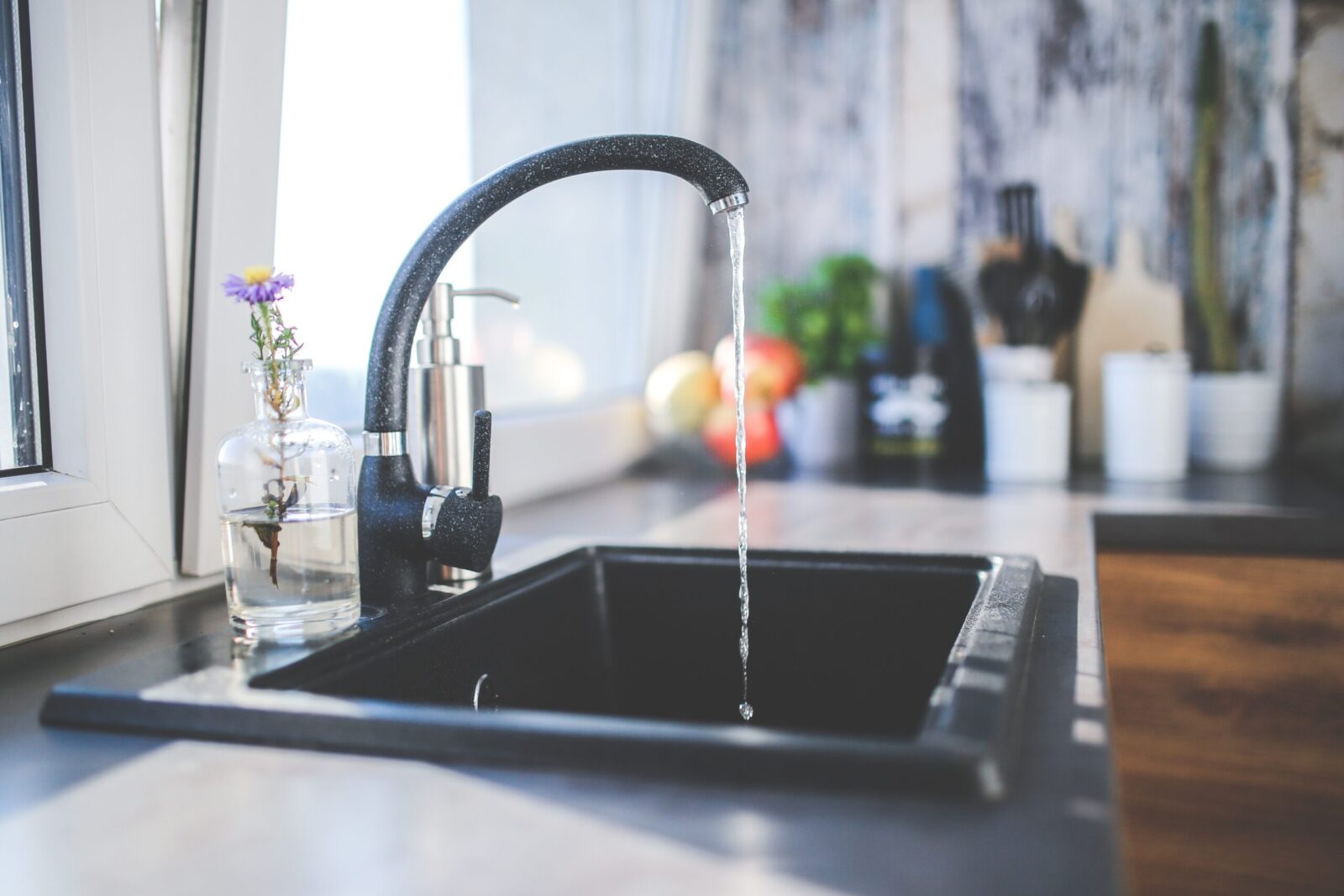
The Food You Shouldn’t Wash Down The Drain
Introduction
The unsung hero of your culinary explorations is your kitchen sink. It takes care of the leftovers from your culinary mishaps, rinses off grease, and obediently swallows food scraps. Like any dedicated sidekick, though, it has its limitations. Let us explore some sink lore and discover how to maintain the best possible condition for your plumbing.
1. Debunked: The Eggshell Myth
Myth: Disposal blades are sharpened by eggshells. In actuality, eggshells might be harmful. Their sand-like substance causes blockages, and their thin membrane layers around the shredder ring. As an alternative, throw them in the garbage and use ice cubes now and then to keep your disposal working.
2. Celery, Asparagus, and Friends
Even though asparagus is a delicious vegetable, your waste disposal is not going to like this gorgeous green spear. Its fibrous strands have the ability to damage the motor when they tangle with the blades. Carrots, celery, corn husks, and artichokes all fall into this category. Instead of letting the drama clog your disposal, dump them.
3. The Grease Trap
Grease is the unsung hero of the plumbing world. Due to calls involving grease, plumbers even refer to the day following Thanksgiving as “Brown Friday.” Grease from cooking ground beef or frying bacon should never be thrown away. It gets tough and sticks to your pipes like a recalcitrant barnacle. Rather, transfer it into an outdated jar or can and dispose of it in the garbage. Expert advice: Use lemon chunks as a natural degreaser down the drain.
4. Ground Coffee and the Swelling Effect
Coffee grinds are tiny but powerful; they can build up and cause jams. The better course of action is to compost or discard them. In addition, when cooked, pasta and rice both swell. They can swell and cause havoc in your pipes. Throw them away in the trash rather than the sink.
5. The Bone Zone
The blades in your garbage disposal are like kryptonite when it comes to large bones from meat or poultry. You can either discard them or keep them to make broth. And those pits in the fruit (cherries, peaches, and other stone fruits). It is too difficult to dispose of. Throw those out as well.
6. Nutritious Foods: Avoid
Banana, potato, and onion peels are among the stringy materials that might entangle the disposal blades. You are better off throwing them in the compost or trash.
7. Preventive Actions
With your newfound knowledge of sink wisdom, take the following precautions:
- Sink Strainer: Pop a sink strainer over the drain to catch food particles. Empty it regularly.
- Scrape Plates: Before rinsing dishes, scrape off excess food into the trash.
- Cold Water + Garbage Disposal: Run cold water while using the disposal to solidify grease.
- Clean Your Disposal: Grind ice cubes or citrus peels occasionally to keep the blades sharp.
- Mindful Choices: Be choosy about what goes down—avoid fibrous foods and stringy bits.
- Hot Water Flush: Once a week, pour boiling water down the drain to dissolve grease and soap buildup.
Remember, a little care goes a long way. Your kitchen sink deserves some love, too!




